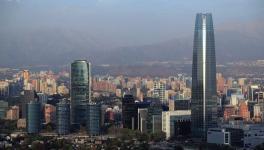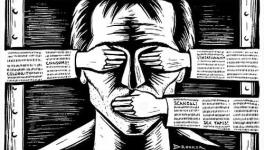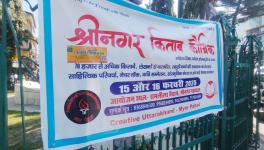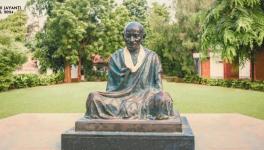Latin America Reels Under Right Wing Surge as Conservative Pinera Wins Chilean Election
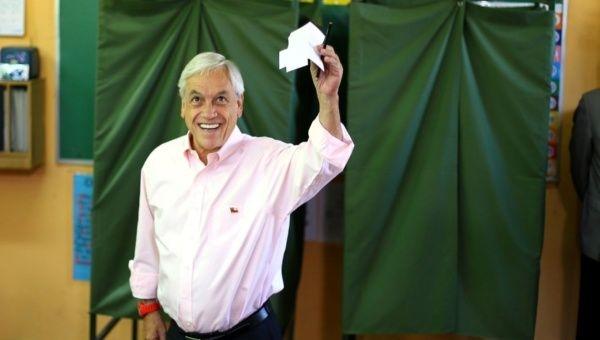
Image Courtesy: teleSur
Pro-business Chilean billionaire Sebastian Pinera has won the presidential election defeating the left wing Alejandro Guillier. This is the second term for the Pinera, who was the President for 2010-2014 - first right-wing leader to rule Chile after the end of Pinochet’s military dictatorship in 1990.
According to political analyst, Pinera’s win in Chile adds to the rising right-wing threat which the Latin American countries are witnessing. In Argentina, Brazil and Paraguay conservatives have come to power, and Venezuela's ‘Bolivarian Revolution’ came under attack as the US-backed opposition tried to destabilise the Maduro government.
According to reports, the leader of the right-wing coalition Vamos Chile, or Chile Let's Go, won with around 54 percent votes over Guillier. Pinera will be assuming the presidential office at La Moneda on March 11 next year when he will replace outgoing president Michelle Bachelet.
Guiller, a former radio and TV news anchor and independent senator representing the centre-left Nueva Mayoría, or New Majority got 45.42 percent of the vote.
Pinera, who is backed by current President Michelle Bachelet, has a fortune estimated at $2.7 billion and ownership stakes in airlines, sports teams and investment funds. He made his fortune in the 1980s by introducing credit cards in Chile.
Though the fight was between the right and the left, neither candidates had mounted a challenge against Chile's free-market liberal model. While Pinera contested on the promise of lowering taxes for business, Guillier backed the incumbent government's overhaul of education, taxes and labour – policies inherited from outgoing President Michelle Bachelet.
Bachelet overcame conservative opposition to repeal the Pinochet era's anti-abortion law and pushed for reforms aimed at increasing women's rights and pension coverage. Activists are worried as Pinera may make the implementation of the legalisation of abortion law difficult, as he had earlier said that his government would “carefully revise” the law.
“The Chilean right, in general, is very conservative and has an agenda on these matters that reflect what the church says and orders,” Claudia Dides, director of Miles Chile explained. “In general they don’t separate the state from the church remain linked to a fundamentalist agenda on these issues.”
One of the major demands by the social movements in Chile had been to rewrite the current constitution, which was imposed during the military dictatorship of Pinochet. “This is without a doubt one of the great challenges (we face) that has to do with a Constitution that was imposed amid a military dictatorship that has only undergone cosmetic changes in recent years,” Dides said.
Chile is Latin America’s fifth-biggest economic power, but the economy is witnessing a slow down due to the dive in global commodity prices. The unemployment rate is stable and relatively low at 6.7%.
Get the latest reports & analysis with people's perspective on Protests, movements & deep analytical videos, discussions of the current affairs in your Telegram app. Subscribe to NewsClick's Telegram channel & get Real-Time updates on stories, as they get published on our website.









